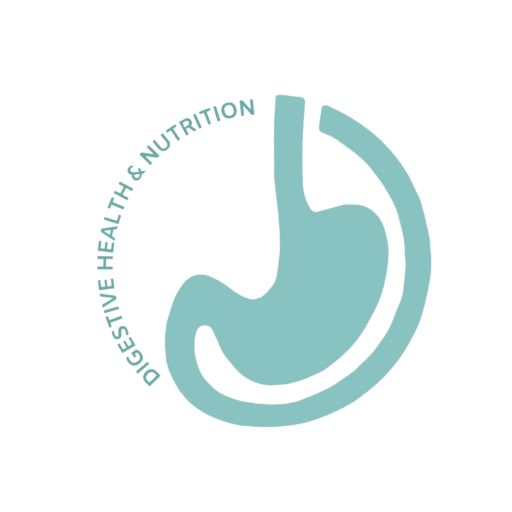Inflammatory Bowel Disease (IBD)
Inflammatory Bowel Disease (IBD) refers to a group of chronic inflammatory conditions affecting the gastrointestinal (GI) tract. The two most common types of IBD are Crohn’s Disease and Ulcerative Colitis, both of which cause inflammation but differ in how they affect the digestive system. These conditions can significantly impact a child’s or adult’s quality of life, causing symptoms like abdominal pain, diarrhea, and weight loss.
Crohn’s Disease:
Crohn’s Disease can affect any part of the GI tract, from the mouth to the anus, but it most commonly affects the end of the small intestine and the beginning of the colon. It is characterized by patchy areas of inflammation, meaning that some parts of the GI tract may be inflamed while other areas are completely normal. The inflammation can penetrate multiple layers of the intestinal wall, potentially causing complications such as fistulas or strictures.
Symptoms of Crohn’s Disease:
- Abdominal pain and cramping
- Persistent diarrhea
- Weight loss
- Fatigue
- Fever
- Rectal bleeding
Ulcerative Colitis:
Unlike Crohn’s Disease, Ulcerative Colitis is limited to the colon and rectum, with inflammation occurring continuously rather than in patches. The inflammation in Ulcerative Colitis typically affects only the innermost lining of the colon.
Symptoms of Ulcerative Colitis:
- Abdominal pain and discomfort
- Chronic diarrhea, often with blood or mucus
- Urgency to have a bowel movement
- Fatigue
- Weight loss
- Fever
Diagnosis and Treatment:
Both Crohn’s Disease and Ulcerative Colitis are diagnosed through a combination of medical history, physical examination, blood tests, imaging studies, and endoscopy with biopsy. These diseases are chronic, meaning they require ongoing treatment to manage symptoms and reduce inflammation.
Treatment options may include:
- Medications: Anti-inflammatory drugs, immunosuppressants, biologics, and corticosteroids are commonly used to manage inflammation and control the immune response.
- Dietary Changes: Some children and adults may benefit from nutritional therapies, such as specialized diets or supplements, to support digestion and manage symptoms.
- Surgery: In severe cases, surgery may be necessary to remove damaged portions of the GI tract or, in the case of Ulcerative Colitis, to remove the colon entirely.
Support and Resources:
For families dealing with IBD, the Crohn’s and Colitis Foundation of America (CCFA) provides a wealth of resources, including educational materials, support groups, and guidance on living with these chronic conditions. The CCFA is dedicated to improving the quality of life for people with IBD and funding research to find better treatments and, ultimately, a cure.
By working with healthcare providers and organizations like the CCFA, patients with IBD can receive the comprehensive care and support they need to manage their condition and maintain a good quality of life.

